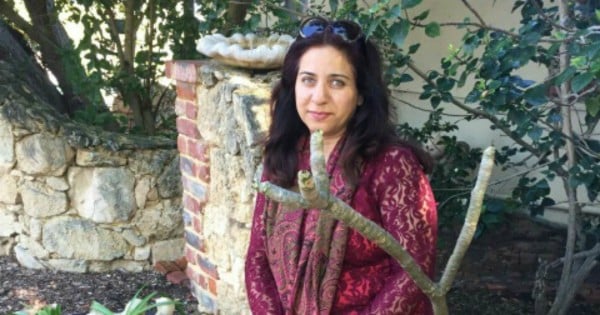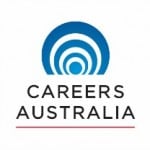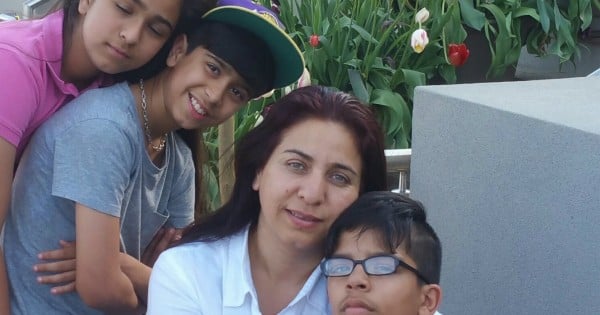

Sayeda Aziz, or Maria to most, fled the war in Afghanistan with her family 30 years ago, when she was only 16 years old.
And it was this experience that mapped the course of her life and career, to where she is today – having just finished her studies in counselling with Careers Australia, complementing her extensive work in interpreting with refugees.
No mean feat for a woman balancing full time work and raising three kids.
We spoke with her to find out how her past has influenced her career changes, and how she managed to transform her future.
What was it like coming to Australia as a refugee?
It was very difficult for us, especially at my age it was difficult. I mean at any age it is very hard, but the younger you are the better; my other siblings were younger and it was better and easier for them. For me because I knew a lot more and I was watching my parents going through a tough time, it was very hard watching them go through this.
You leave all of your belongings, your family – my grandfather was alive at that time my father’s brother, my uncle, their families, his sisters, on my mum’s side – everyone was still in Afghanistan when we left. So that was a difficult situation for them to not know if their family was going to survive.
After you arrived in Australia, what did you decide to do?
I went to college here and studied English and then dental nursing. I finished but I didn’t like working as a dental nurse. Then I decided to do social work so I went back to India and finished social work there.
After that I came back to Australia to work in welfare work, plus interpreting was something that was extremely needed at that time. There were lots of boats coming and many people migrating, so languages were very important.

Top Comments
She "went BACK to India" to finish social work? There's a continuity glitch in the story somewhere.